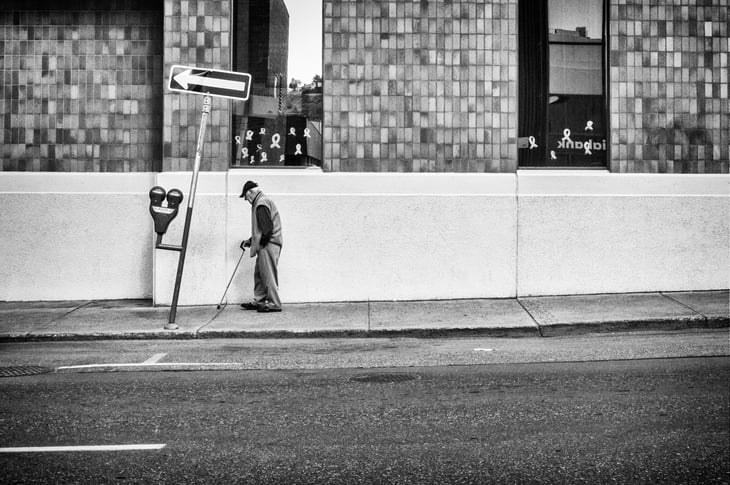Recovery outcomes are valued goals of services throughout the nation. Relationships that empower and encourage choice and self-direction are hallmarks of all activities that support recovery.
It is a beautiful Sunday morning. A friendly visitor is coming to my house today. She is a young person studying at a university in Boston. I am looking forward to our meeting. She is just starting out in life. I am in the older stages of life. When we are having coffee, I realize we are speaking the same language. The generation gap is not evident in our communications. She reminds me to be energetic and hopeful. She makes me laugh. She is a bright spot in my day. I trail off in my thinking…I wish I had family and children in my life. I am alone most of the time. I actually like my company, but occasionally I lament that along the path to recovery I did not construct my own family. I realize the importance of relationships and quality of life in promoting recovery.











